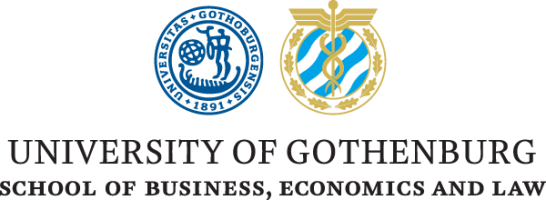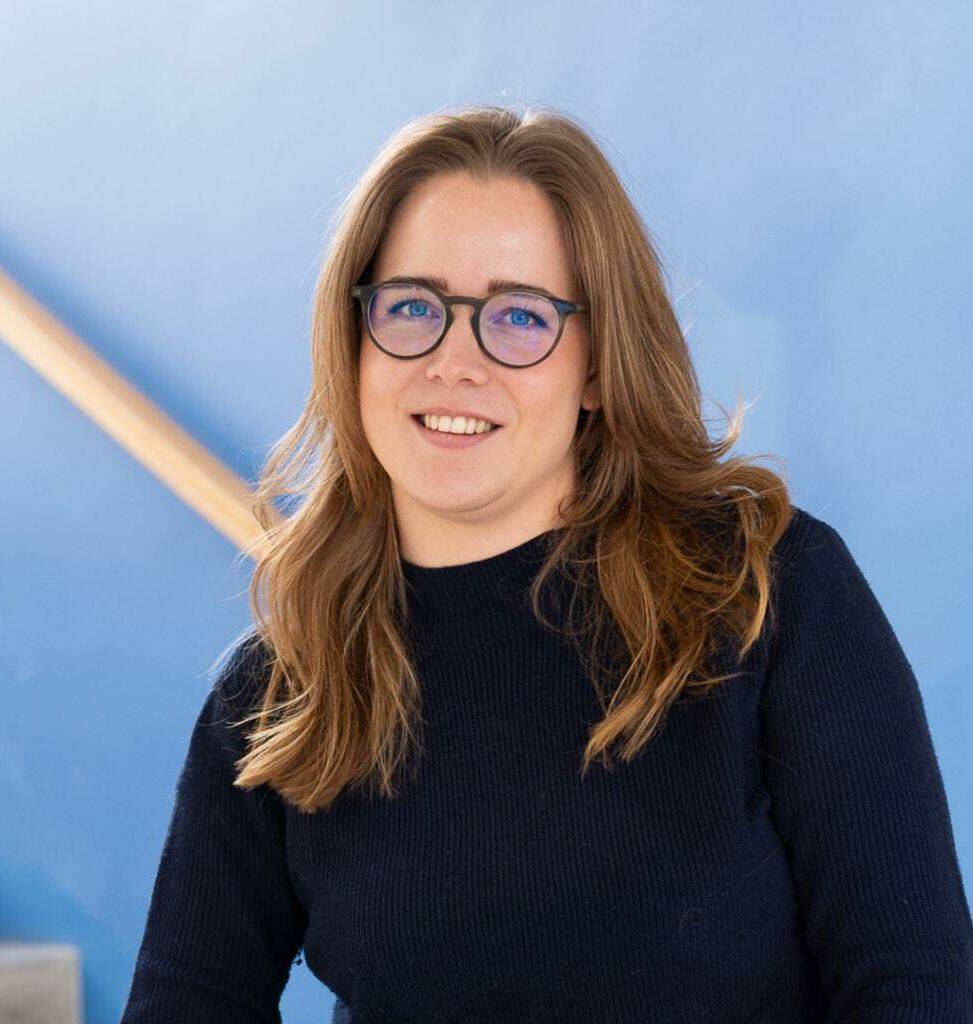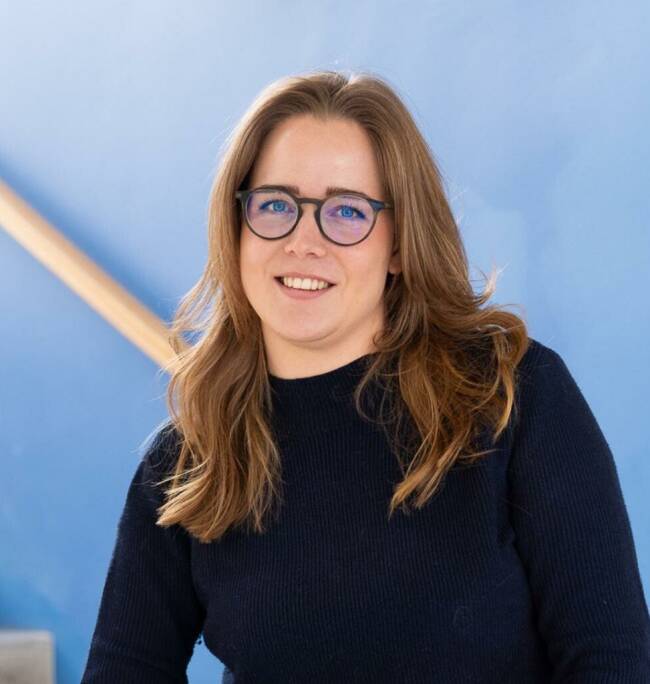
Q: Do you have any tips or advice for a current student?
A: "Economics is a broad subject. Ultimately, your choice should be in line with your interests and goals. Along the way, no matter which specialisation you choose, you will be able to focus more or less on both finance and business."
Q: How has your programme helped you in your career?
A: "I have felt that I have gained an edge from my education, so I could quickly contribute with my knowledge of the scientific method, how to create the right conditions for analysing large amounts of data, and what conclusions you can and cannot draw when looking at different types of data. The programme also provided training in teamwork. You learn from each other, gain new perspectives, and develop together."
Q: How was the transition from studies to working life?
A: "I felt well prepared for working life after my studies. Going from a master's degree fully taught in English made it easier as the organisational language at Volvo Cars is English."
Q: What was your reasoning behind your choice of specialisation?
A: "As a person, I have always had a very strong interest in analysing the world around me. I knew that economics would give me a good foundation to learn more about quantitative analysis."
Q: What do you work with today?
A: "I work as a People Data Analyst at the Volvo Cars headquarters in Gothenburg, Sweden. "People" in People Data Analyst means that I work with data and analysis of Volvo's most important resource, its 40,000 employees. A large part of my role is also to understand the flow of data, technical processes and digitalisation.
I work a lot with so-called 'data storytelling' and 'business intelligence'. I make my own analyses of large amounts of data, present and visualise the results so that Volvo Cars' management, HR staff and managers can effectively access and act on data-driven results regarding Volvo Cars' employees.
I am responsible for Volvo Cars' global "People listening" solution, an employee survey that asks 40,000 employees about their experience of working at Volvo Cars. The results of the survey then form the basis for KPIs that are central to the entire organisation globally, for strategic decisions and Volvo Cars' annual report.
Another part of my job is to sit with developers to develop analytical tools and reports with intuitive visualisations of data in Power BI that are used by hundreds of HR professionals globally and locally.
I work in a product team where we develop technical solutions for analysis and an analytics team where we mainly work with quantitative analysis. My closest team is based in Sweden but also in India. Some tasks are independent, but above all, I work closely with my colleagues, both when we develop and analyse."






Visiting address
Universitetsplatsen 1
Org. nummer: 202100-3153
Our channels
Contact
The University of Gothenburg
Box 100
405 30 Gothenburg
Sweden
Main Switchboard
+46 31-786 00 00

studied MSc Economics
Anna Fäldt
Interview with Anna Fäldt
"Economics is a broad subject. Ultimately, your choice should be in line with your interests and goals. Along the way, no matter which specialisation you choose, you will be able to focus more or less on both finance and business."

Q: What was your reasoning behind your choice of specialisation?
A: "As a person, I have always had a very strong interest in analysing the world around me. I knew that economics would give me a good foundation to learn more about quantitative analysis."







Q: How has your programme helped you in your career?
A: "I have felt that I have gained an edge from my education, so I could quickly contribute with my knowledge of the scientific method, how to create the right conditions for analysing large amounts of data, and what conclusions you can and cannot draw when looking at different types of data. The programme also provided training in teamwork. You learn from each other, gain new perspectives, and develop together."
Q: Do you have any tips or advice for a current student?
A: "Economics is a broad subject. Ultimately, your choice should be in line with your interests and goals. Along the way, no matter which specialisation you choose, you will be able to focus more or less on both finance and business."
Q: How was the transition from studies to working life?
A: "I felt well prepared for working life after my studies. Going from a master's degree fully taught in English made it easier as the organisational language at Volvo Cars is English."


studied MSc Economics
Q: What do you work with today?
A: "I work as a People Data Analyst at the Volvo Cars headquarters in Gothenburg, Sweden. "People" in People Data Analyst means that I work with data and analysis of Volvo's most important resource, its 40,000 employees. A large part of my role is also to understand the flow of data, technical processes and digitalisation.
I work a lot with so-called 'data storytelling' and 'business intelligence'. I make my own analyses of large amounts of data, present and visualise the results so that Volvo Cars' management, HR staff and managers can effectively access and act on data-driven results regarding Volvo Cars' employees.
I am responsible for Volvo Cars' global "People listening" solution, an employee survey that asks 40,000 employees about their experience of working at Volvo Cars. The results of the survey then form the basis for KPIs that are central to the entire organisation globally, for strategic decisions and Volvo Cars' annual report.
Another part of my job is to sit with developers to develop analytical tools and reports with intuitive visualisations of data in Power BI that are used by hundreds of HR professionals globally and locally.
I work in a product team where we develop technical solutions for analysis and an analytics team where we mainly work with quantitative analysis. My closest team is based in Sweden but also in India. Some tasks are independent, but above all, I work closely with my colleagues, both when we develop and analyse."
Anna Fäldt
"Economics is a broad subject. Ultimately, your choice should be in line with your interests and goals. Along the way, no matter which specialisation you choose, you will be able to focus more or less on both finance and business."
Interview with Anna Fäldt